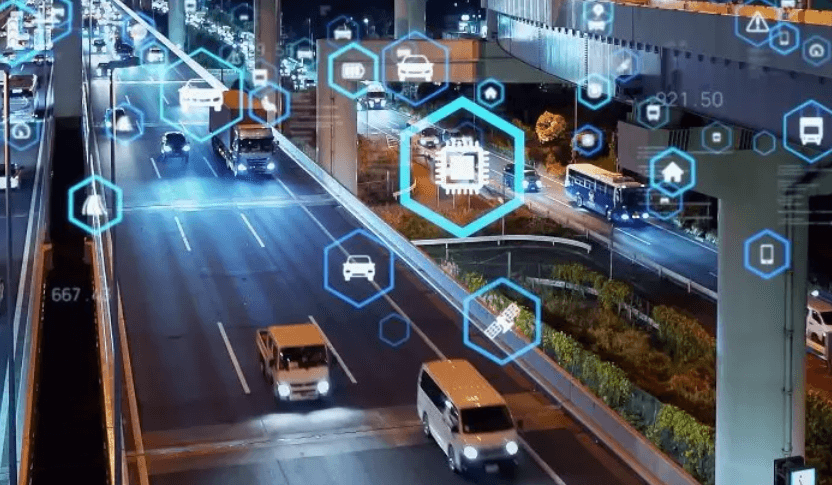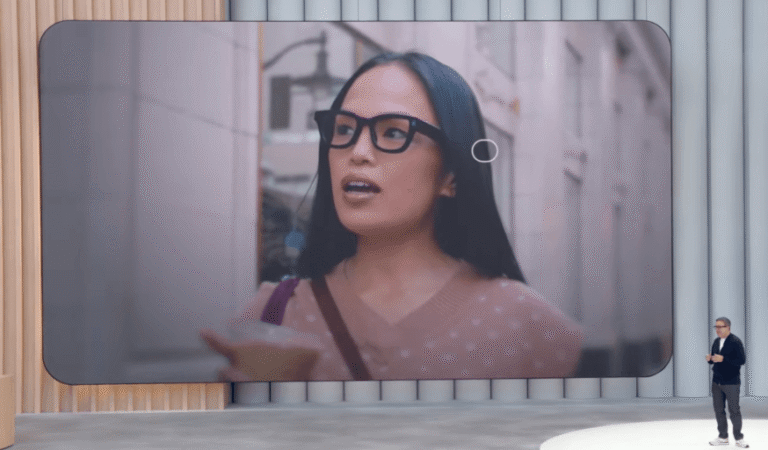The Evolution of Modern Mobility Solutions
Introduction to Sustainable Transport
The global shift towards sustainable transportation has transformed the way people consider commuting and vehicle ownership. Urban areas are increasingly investing in clean and efficient mobility solutions to reduce carbon emissions and enhance environmental sustainability. Consumers are becoming more aware of the environmental impact of traditional vehicles and are exploring alternatives that align with modern lifestyles.
Advancements in Vehicle Technology
Recent advancements in automotive technology have accelerated the adoption of eco-friendly vehicles. Innovations in battery technology, motor efficiency, and energy management systems allow for longer ranges and faster charging times. These improvements have made sustainable transportation more practical and accessible, encouraging wider acceptance among everyday drivers.
See also: Why You Should Attend TechFlock 2025: A Hub for Innovation
Economic Implications for Businesses
Businesses are also recognizing the benefits of integrating environmentally friendly vehicles into their operations. Cost savings on fuel, maintenance, and tax incentives are significant factors. Companies in the food and beverage industry, for instance, are exploring eco-conscious delivery options to enhance brand image and appeal to environmentally aware consumers.
Urban Planning and Infrastructure Support
City planners are actively developing infrastructure to support modern mobility. Charging stations, dedicated lanes, and parking incentives are becoming common in metropolitan areas. These initiatives facilitate smoother adoption by reducing logistical challenges and providing a reliable network for vehicle users.
Consumer Preferences and Lifestyle Changes
Consumer preferences are evolving alongside technological improvements. There is a growing demand for vehicles that offer convenience, comfort, and performance while maintaining a lower environmental footprint. Features such as connected devices, autonomous driving aids, and smart navigation systems enhance the overall user experience and cater to modern urban lifestyles.
Environmental Benefits and Carbon Reduction
Sustainable vehicle adoption contributes significantly to reducing greenhouse gas emissions and air pollution. This is particularly important in densely populated areas where pollution levels directly affect public health. By choosing cleaner transportation options, individuals and businesses contribute to a healthier environment and support global climate initiatives.
Marketing and Brand Perception
Brands that embrace environmentally friendly practices often see a positive impact on consumer perception. Eco-conscious marketing strategies electric car highlight corporate responsibility and attract a demographic that values sustainability. Businesses in service sectors, including delivery services in food and beverage, leverage these practices to differentiate themselves in a competitive market.
Integration with Renewable Energy Sources
Combining vehicles with renewable energy infrastructure enhances their sustainability. Solar-powered charging stations and green energy initiatives allow businesses and individuals to further reduce their carbon footprint. This synergy between clean transportation and renewable energy promotes a holistic approach to environmental responsibility.
Challenges and Future Outlook
Despite the advantages, challenges remain in widespread adoption. Initial costs, battery lifespan, and charging availability are key considerations. However, ongoing research and investment in technology are steadily addressing these barriers. As innovations continue, the market is expected to expand, offering more options and making sustainable transport a norm rather than an exception.
Conclusion
The evolution of sustainable transport solutions marks a transformative era for urban mobility. Vehicles that minimize environmental impact while offering efficiency and convenience are becoming an integral part of modern living. For industries such as food and beverage, adopting cleaner transport solutions aligns with broader sustainability goals, operational efficiency, and consumer expectations. By embracing these changes, businesses and individuals contribute to a greener, more sustainable future.






